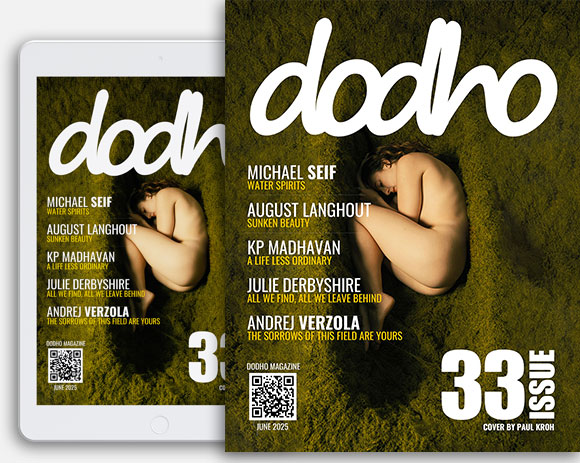Nobody wonders where each day they carry their load of refuse, outside the city surely: but each year the city expands… The bulk of the outflow increases and the piles rise higher, become stratified, extend over a wider perimeter. The label ‘homeless’ is often applied in a largely undifferentiated manner to a wide spectrum of living circumstances.
These conditions are often assumed to result from particular personal and most often, economic circumstances. The limitations of this conflation of living conditions with personal circumstances are shown in the lives of informal recyclers.inJohannesburg.
Informal recyclers comb the dustbins and sidewalks of residential and commercial neighbourhoods for selected solid waste items with resale value, which they load onto makeshift trolleys. On foot and with sheer muscle power they pull their loaded carts for many kilometers through the streets to privately owned buy-back centres where the waste material is weighed and sold.Recyclers operate independently of labour regulations and protection,without employee benefits, using improvised transport, and frequently – inadvertently – contravening by-laws and city rules in their living and working activities. But they are intimately entwined with the formal,recognized systems of urban life: essential suppliers to registered recycling businesses, intense users of city roads, sidewalks and public spaces, specialised reclaimers competing daily with the crude appetite of Pikitup trucks.The lives of recyclers reflect a wide variety. of circumstances. Many are ‘sleeping rough’ or ‘informally’ on a regular basis, but are engaged in regular productive work. Informal recyclers in Johannesburg contest conventional notions of homelessness in at least three ways: the diverse reasons for their nightly sleeping arrangements, the range of alternative accommodation they make use of, and in their personal circumstances.Recyclers choose to spend work nights in Johannesburg to save on transport costs, to be ready to start their outbound journeys to suburbs very early in the mornings.
They choose spaces where their accommodation may be cramped but they are able to store their goods. Recycling work involves gathering and then sorting the load prior to having it weighed at the depot. Recyclers need space and time for separating and sorting items. They also need place to stockpile until they have amassed enough of a particular material to make exchange at the depot worthwhit





















